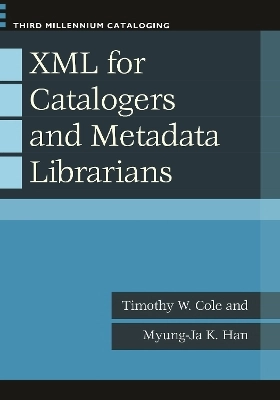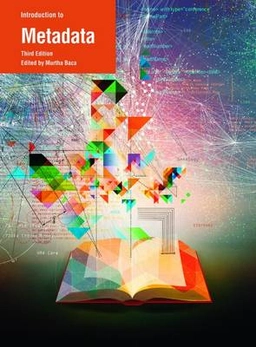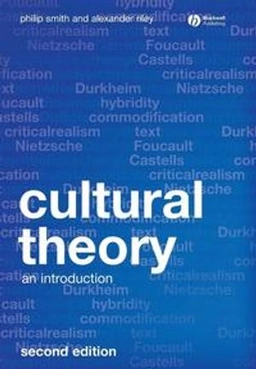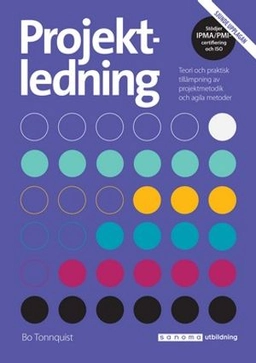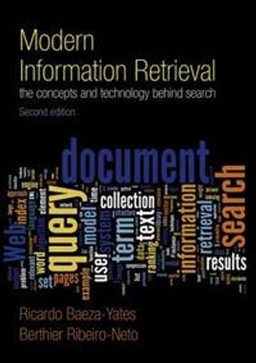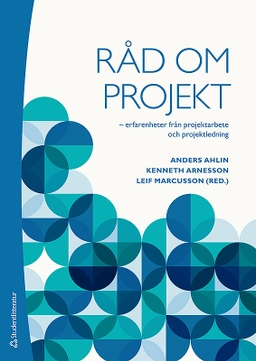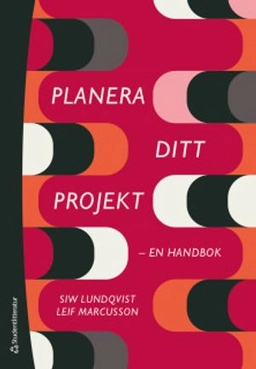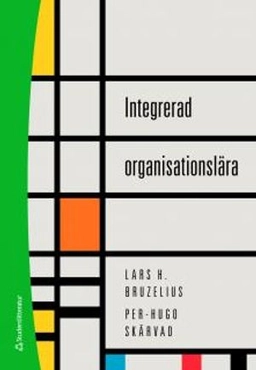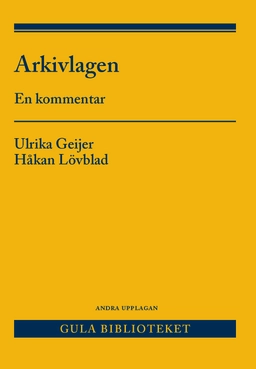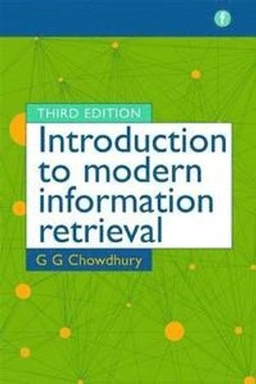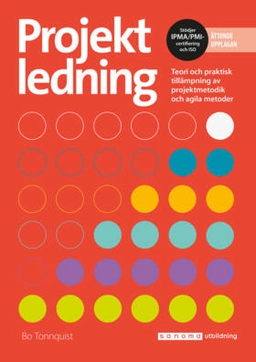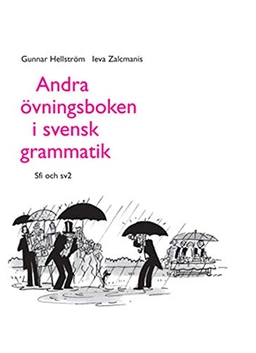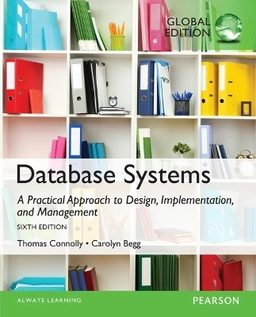This book provides a foundation of knowledge for catalogers, metadata librarians, and library school students on the Extensible Markup Language (XML)-one of the most commonly listed qualifications in today's cataloger and metadata librarian job postings.
How are today's librarians to manage and describe the ever-expanding volumes of resources, in both digital and print formats? The use of XML in cataloging and metadata workflows can improve metadata quality, the consistency of cataloging workflows, and adherence to standards. This book is intended to enable current and future catalogers and metadata librarians to progress beyond a bare surface-level acquaintance with XML, thereby enabling them to integrate XML technologies more fully into their cataloging workflows.
Building on the wealth of work on library descriptive practices, cataloging, and metadata, XML for Catalogers and Metadata Librarians explores the use of XML to serialize, process, share, and manage library catalog and metadata records. The authors' expert treatment of the topic is written to be accessible to those with little or no prior practical knowledge of or experience with how XML is used. Readers will gain an educated appreciation of the nuances of XML and grasp the benefit of more advanced and complex XML techniques as applied to applications relevant to catalogers and metadata librarians.
Covers XML from basic concepts, such as core syntax and grammar, to advanced topics, such as transformation and schema design Provides an in-depth look at metadata standards used in the library domain, including MARC, Dublin Core, MODS, and others Introduces available XML tools, utilities, and XML related technologies Includes case studies that draw from real-world applications that show how XML is used in library cataloging and metadata workflows
Åtkomstkoder och digitalt tilläggsmaterial garanteras inte med begagnade böcker
